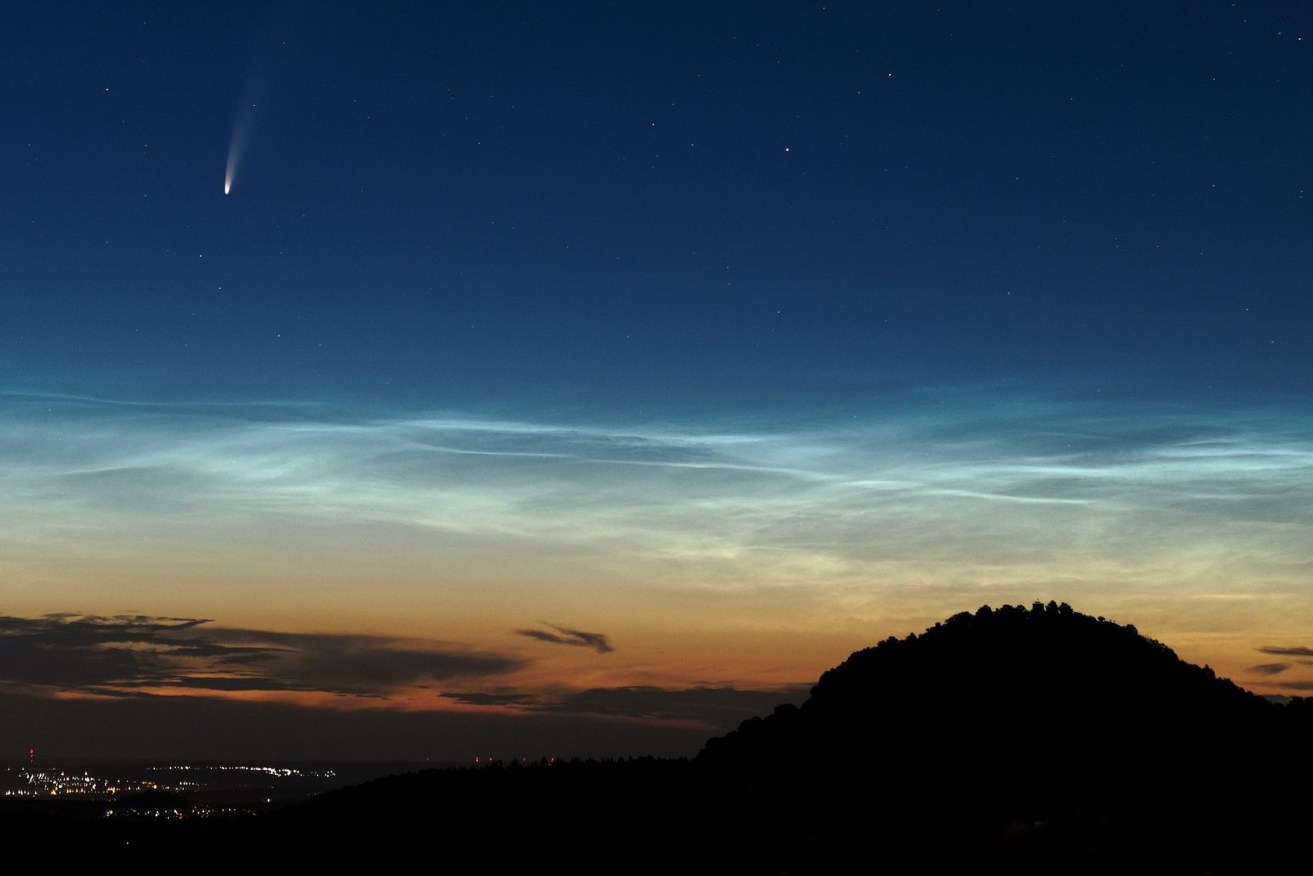Missed by that much: Asteroid to zip by close to earth
An asteroid the size of a delivery truck is set to whip past earth in one of the closest such encounters ever recorded.

Even if the space rock came a lot closer, scientists said most of it would burn up in the atmosphere, with some of the bigger pieces possibly falling as meteorites. (Image: Wikimedia)
NASA insists it will be a near miss on Friday, with no chance of the asteroid hitting earth.
The US space agency said the newly discovered asteroid will zoom 3600km above the southern tip of South America, with its closest approach to occur at 10.27am Queensland time on Friday.
The asteroid’s proximity at that time will be 10 times closer than the bevy of communication satellites circling overhead.
Even if the space rock came a lot closer, scientists said most of it would burn up in the atmosphere, with some of the bigger pieces possibly falling as meteorites.
NASA’s impact hazard assessment system, called Scout, quickly ruled out a strike, said its developer Davide Farnocchia, an engineer at the agency’s Jet Propulsion Laboratory.
“But despite the very few observations, it was nonetheless able to predict that the asteroid would make an extraordinarily close approach with earth,” Farnocchia said in a statement.
“In fact, this is one of the closest approaches by a known near-earth object ever recorded.”
Discovered on Saturday, the asteroid known as 2023 BU is believed to be between 3.5 metres and 8.5 metres across.
It was first spotted by amateur astronomer Gennady Borisov at the Margo Observatory in Crimea.
Within a few days, dozens of observations were made by astronomers around the world, allowing them to refine the asteroid’s orbit.
Borisov already made a name for himself in 2019 when he used a homemade telescope to discover a comet, later labelled 2I/Borisov, that crossed our solar system on its journey from deep space.
Asteroid 2023 BU’s path will be drastically altered by earth’s gravity once it zips by.
Instead of circling the sun every 359 days, it will move into an oval orbit lasting 425 days, according to NASA.
Researchers have identified about 27,000 asteroids near earth, including 10,000 with diameters greater than 140 metres.
None are known to be headed directly toward our planet in the foreseeable future.
-with DPA












